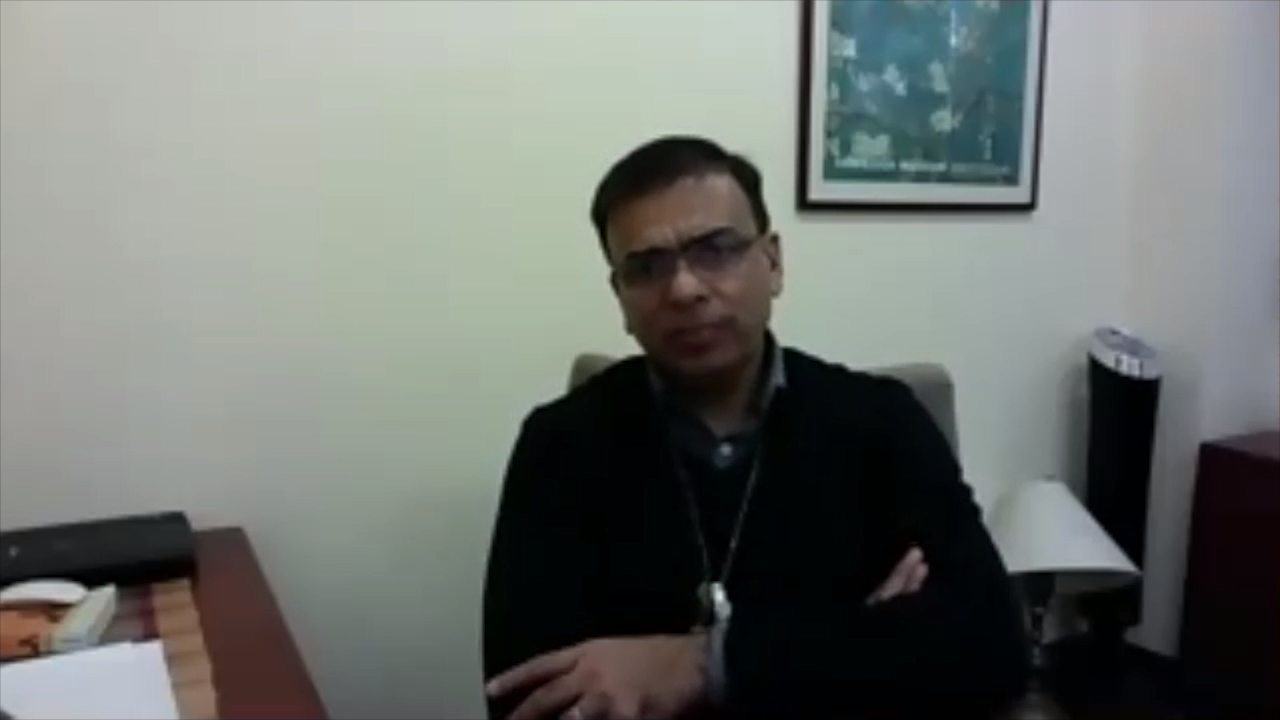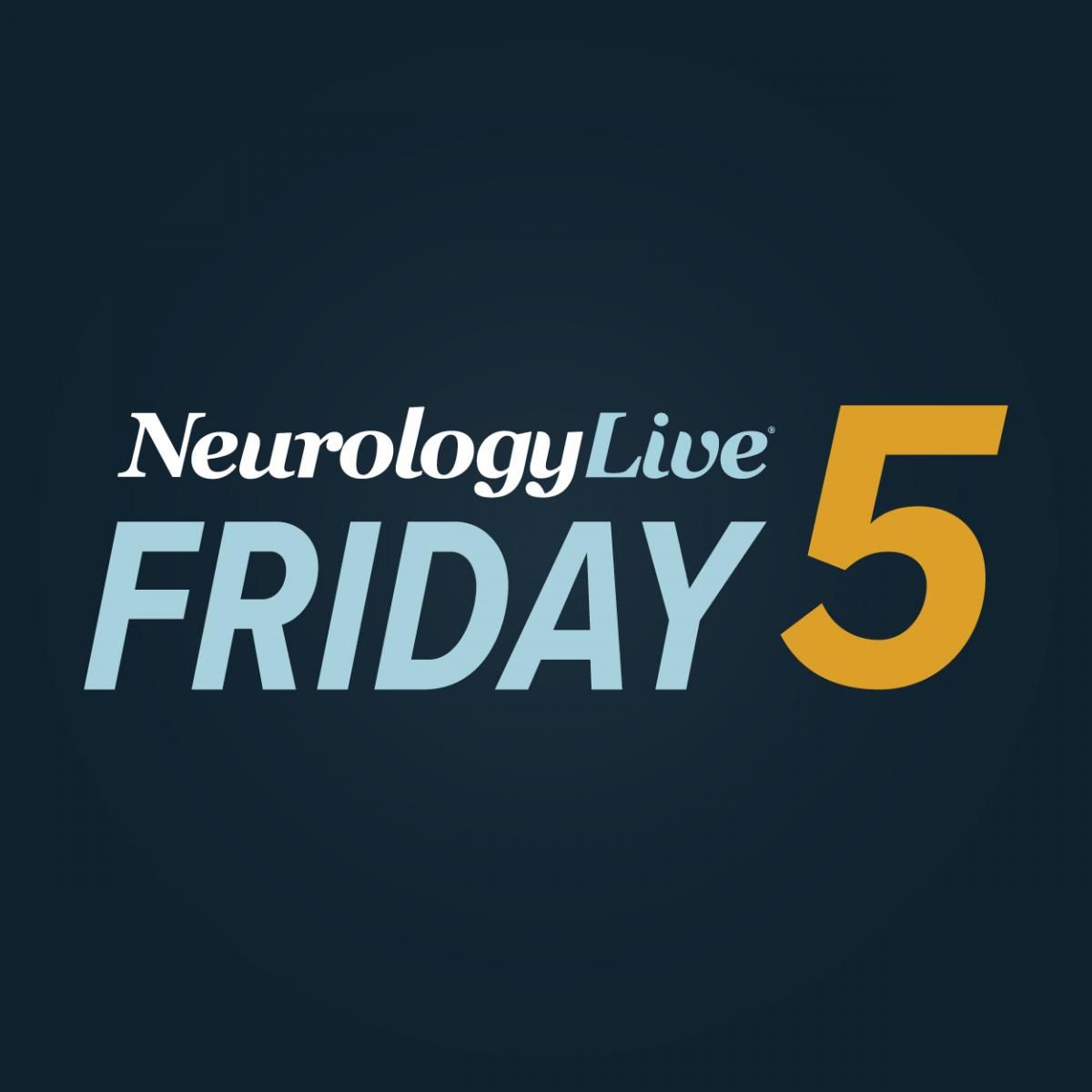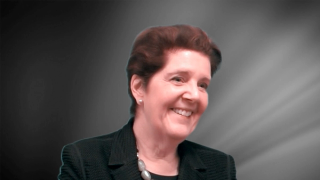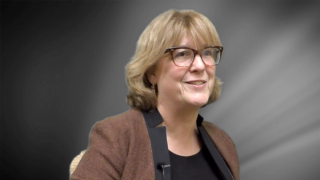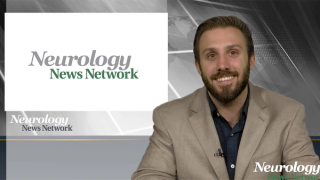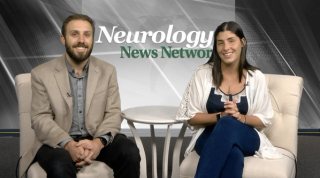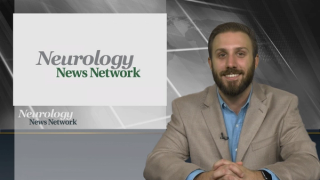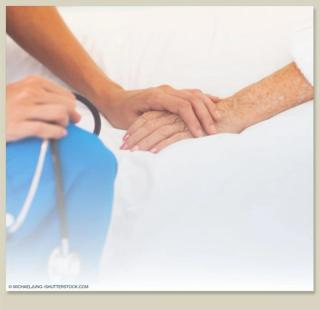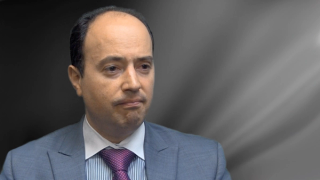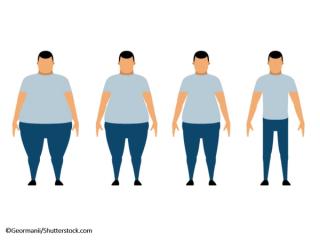
Movement Disorders
Latest News
Latest Videos

CME Content
More News

The director of the VA Southwest Parkinson’s Disease Research, Education and Clinical Centers explained how preventing social isolation—particularly in the time of COVID-19—can help prevent worsened disease states in patients.
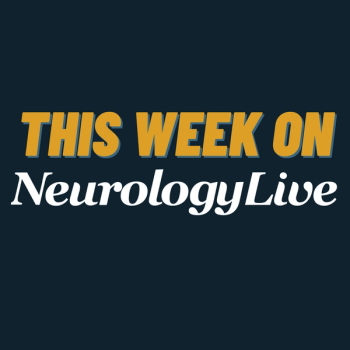
Here's what is coming soon to NeurologyLive.

Take 5 minutes to catch up on NeurologyLive's highlights from the week ending October 23, 2020.

Advances in wearables and virtual reality present an opportunity to maximize rehabilitative efforts and improve outcomes.

The Cleveland Clinic researcher described the 2-fold potential use for how his predictive Parkinson disease dementia model may be used pending the success of the study.

Kristina Simonyan, MD, PhD, DrMed, and Davide Valeriani, PhD, offered insight into the use of DystoniaNet, which identified the condition with 98.8% accuracy in a matter of 0.36 seconds.

Here's what is coming soon to NeurologyLive.

The use of real-time quaking-induced conversion and protein misfolding cyclic amplification assays accurately allowed researchers to differentiate synucleinopathies from nonsynucleinopathies.
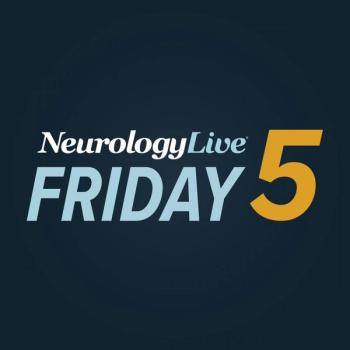
Take 5 minutes to catch up on NeurologyLive's highlights from the week ending October 16, 2020.
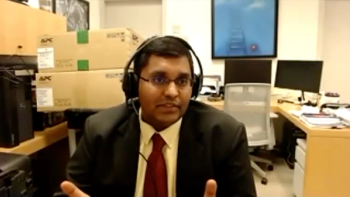
The Cleveland Clinic researcher details a study that will use biomarkers to develop a predictive model to identify individuals with Parkinson disease who may develop dementia.
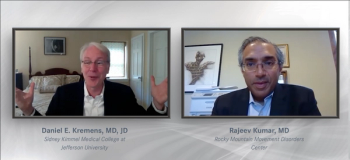
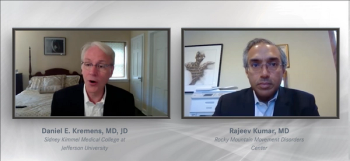
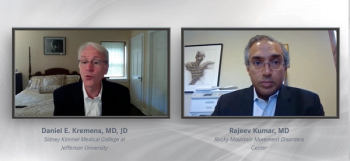
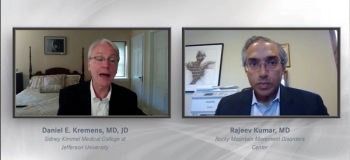
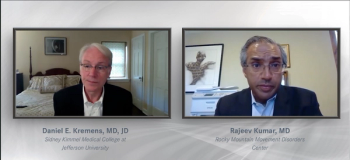
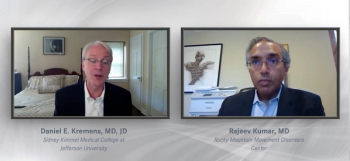
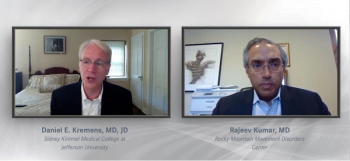
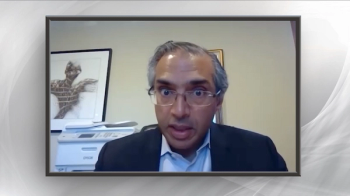
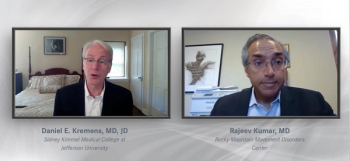
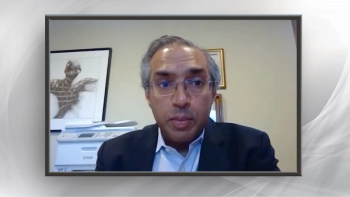
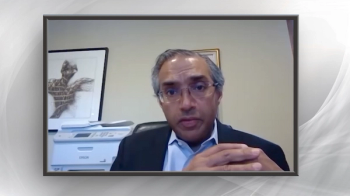

Here's what is coming soon to NeurologyLive.

Take 5 minutes to catch up on NeurologyLive's highlights from the week ending October 9, 2020.
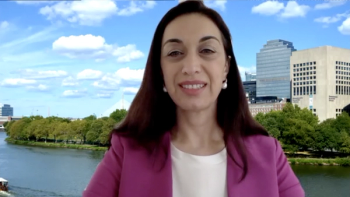
The director of Laryngology Research at Mass Eye and Ear spoke to the use of machine learning programs to aid physicians in the diagnosis of dystonia.

The upcoming phase 2b/3 study of mesdopetam in patients with Parkinson disease is set after the results of previous successful phase 1, phase 2a, and phase 2 studies.

